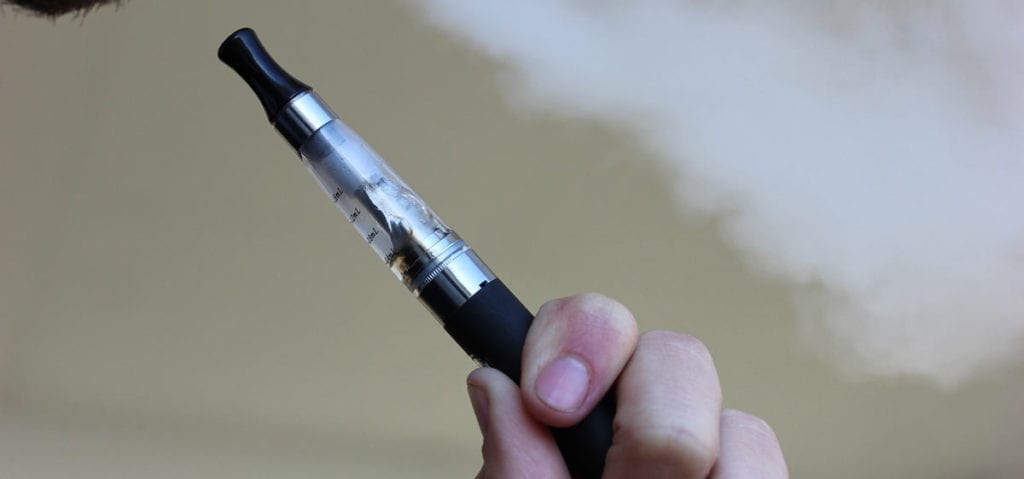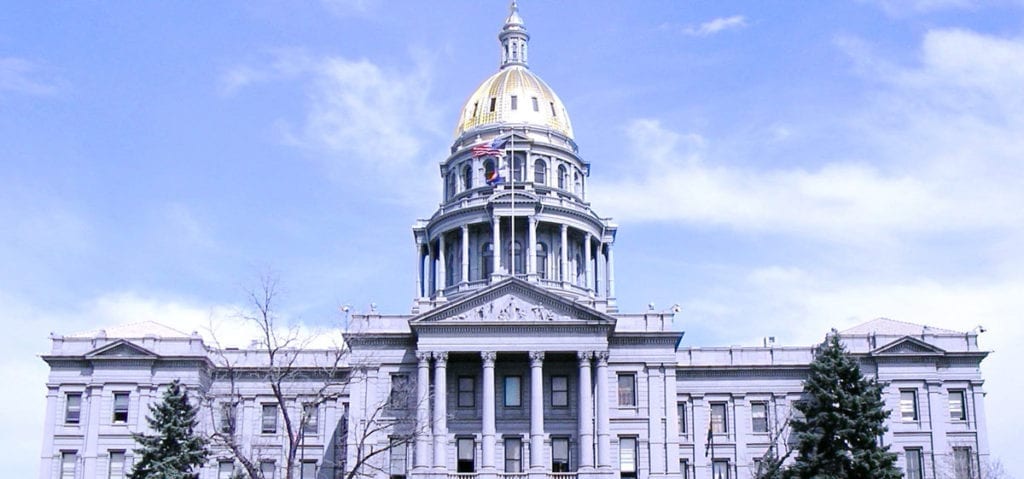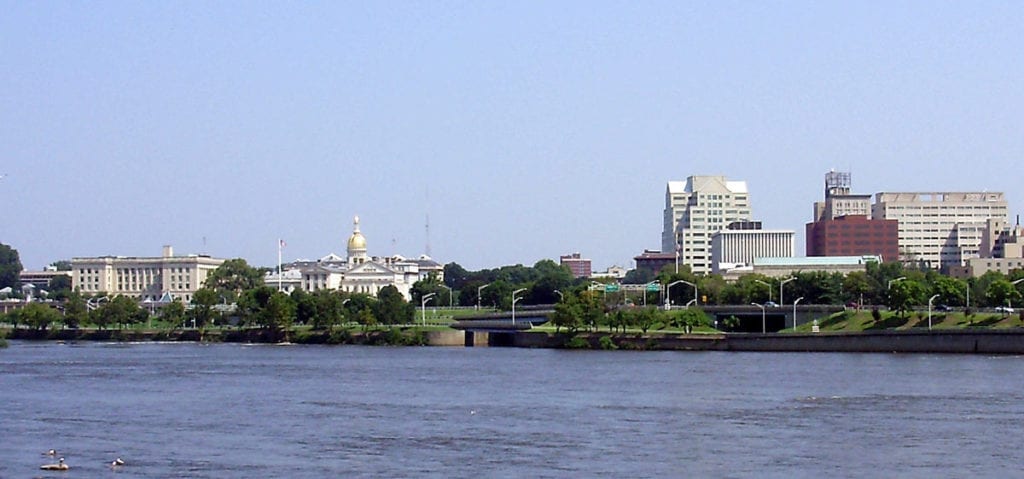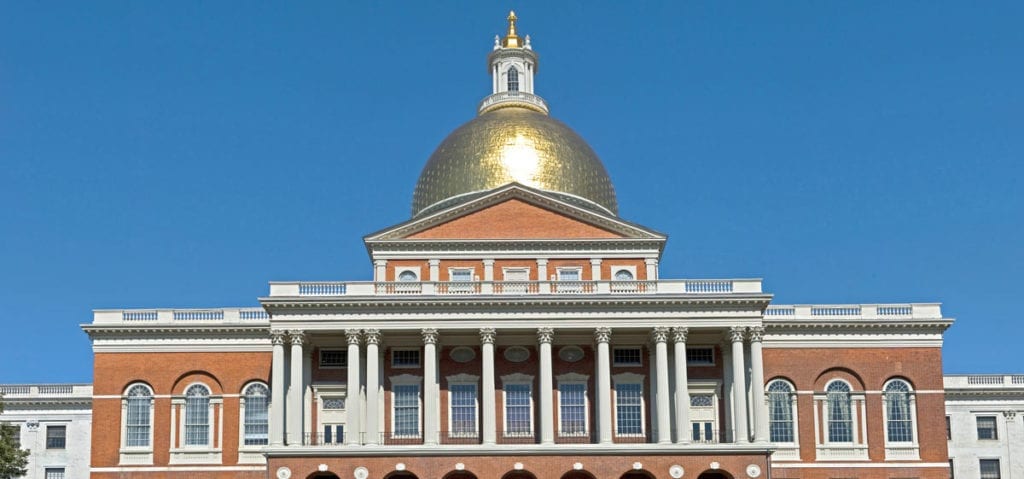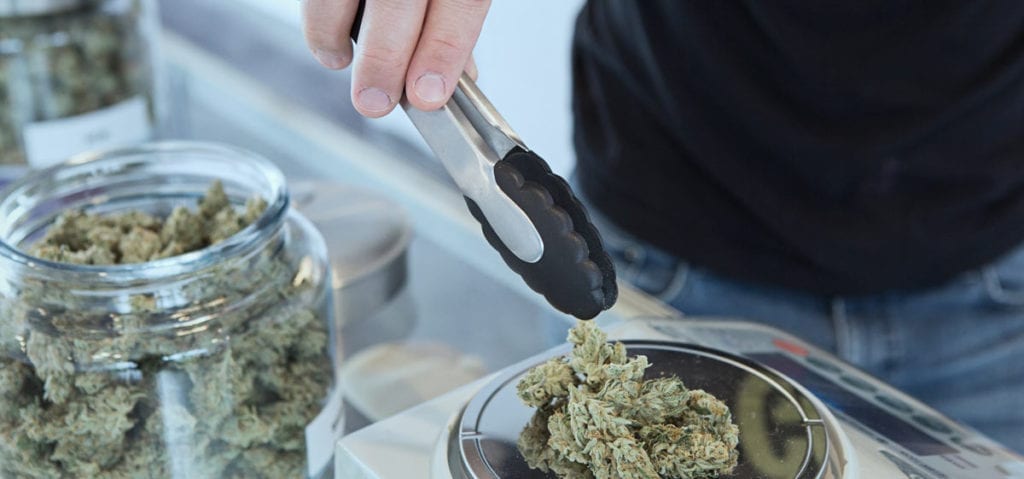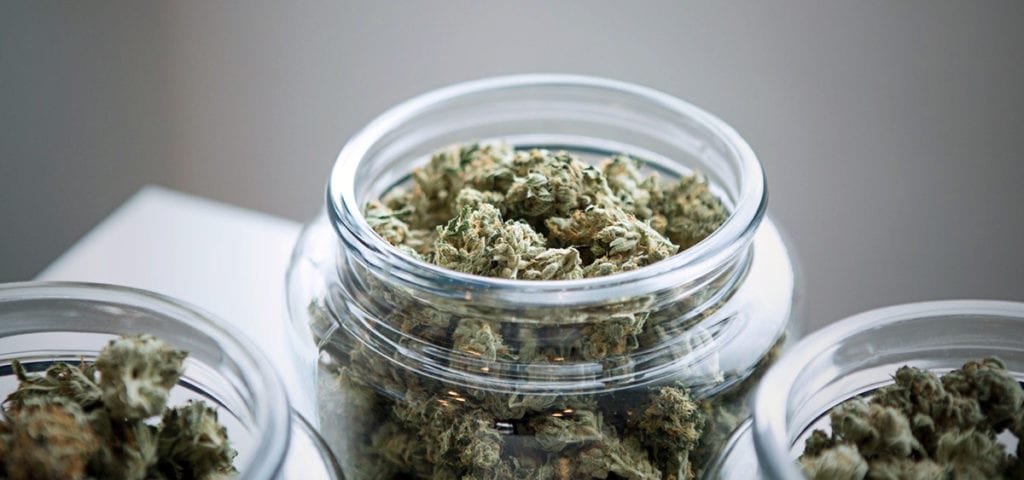VANCOUVER, British Columbia and DENVER, January 24th, 2019 — Retail cannabis point-of-sale software company Cova today announced a partnership with Leafly to provide accurate, real-time pricing and product availability updates to cannabis retailers’ Leafly online capabilities. With this integration, Cova will continue to provide streamlined operations and superior customer experience to its growing list of clients in the U.S. and Canada.
“Today’s consumers are not only more sophisticated than ever, but their expectations are high too,” said Gary Cohen, CEO of Cova. “To compete and meet a cannabis buyer’s needs, it’s critical that retail store owners provide customers with multiple ways to shop and accurate inventory availability.
We have already armed our retail clients with omnichannel features, such as “Reserve Online, Pick Up In-Store”, and “Express Checkout” but with an integration partnership with Leafly we can now automatically sync online menus, creating a complete cannabis retail omnichannel experience.”
By partnering with Leafly, in addition to providing accurate, real-time updates, Cova can help clients eliminate the need for manual menu updates, expand their retail sales channel and increase consumer foot traffic.
“Cova is one of the top POS providers and shares Leafly’s commitment to safety and compliance,” said Paul Barry, Chief Technology Officer at Leafly. “Legal purchasing channels, like stores in Cova’s client network, make it easy to ensure that quality and safety standards are met so we can promote responsible cannabis consumption.”
Integration with Leafly is the first partnership announced by Cova since the software company secured $8 million in initial funding to continue to expand its POS capabilities and features. Retailers and dispensary owners who currently use Cova, now have access to Leafly and may automatically sync inventory and pricing.
###
About Cova
Cova is the leading POS solution in the cannabis industry. The Cova team’s relentless pursuit of creating the industry’s first lovable POS has led to solutions that help retailers simplify compliance, reduce operational costs, and increase revenue through automated compliance, inventory management, mobile reporting dashboards, and Cova’s Express Checkout app. With a growing network of cannabis industry partners including Leafly, Baker, I Heart Jane, greenRush, springbig, Enlighten, GeekTek, and Budvue, Cova’s seamless tech ecosystem gives retailers access to the best tools available to run their business. Cova’s offices are located in Denver, CO, Vancouver, BC, and Regina, SK. Learn more at www.covasoftware.com.
About Leafly
As the world’s leading cannabis information resource, Leafly’s mission is to help patients and consumers make informed choices about cannabis and to empower cannabis businesses to attract and retain loyal customers through advertising and technology services. Learn more at www.leafly.com and download the five-star rated Leafly mobile app through Apple’s App Store or Google Play. Visit Leafly.com, Leafly Canada at Leafly.ca, Leafly Germany at Leafly.de, Leafly in Spanish at Leafly.es, and Leafly in French at Fr.Leafly.ca.
End




